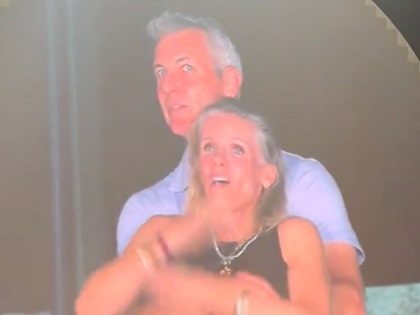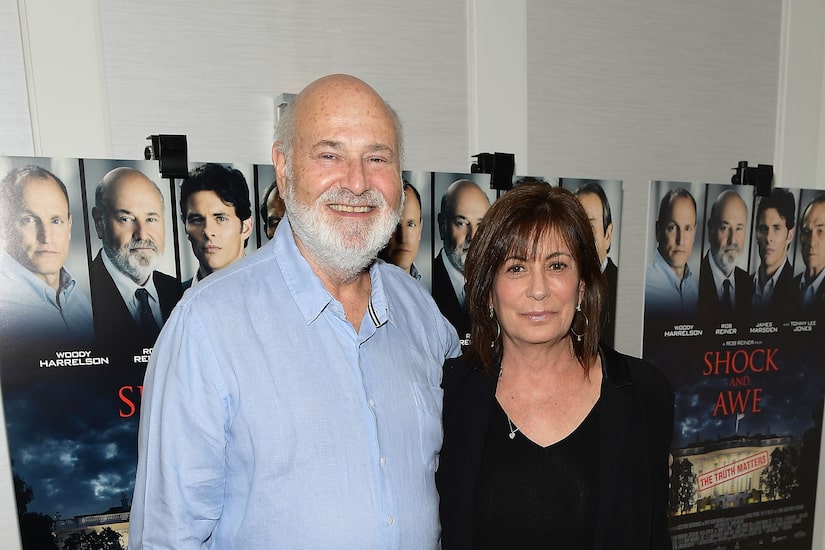June 02, 2023
Fears of AI’s Existential Risks Are Overstated, Expert Says
 Getty Images
Getty Images
Dozens of experts in artificial intelligence have signed on to a statement warning that AI could lead to humanity’s extinction.
“Mitigating the risk of extinction from AI should be a global priority alongside other societal-scale risks such as pandemics and nuclear war,” reads the statement published by the Center for AI Safety.
The statement goes on to warn that AI could be weaponized or monopolized, and potentially lead to human “enfeeblement” through dependency.
While signatures to the statement include Sam Altman, CEO of ChatGPT developer OpenAI, and Demis Hassabis, Google DeepMind CEO, some experts believe the fears presented by the Center for AI Safety are overstated.
“AI fears are following the exact same pattern of every disruptive technology in history, similar to the initial concerns surrounding electricity,” said artificial intelligence business strategist Lisa Palmer.
“When electricity was first introduced, there were fears of electrocution, safety hazards, and societal disruption. As understanding grew and safety measures were implemented, electricity became an indispensable part of our lives, powering innovation and transforming entire industries,” Palmer explained. “As we continue studying and developing AI, we will address concerns, establish ethical frameworks, and maximize its positive impact while minimizing risks.”
Palmer noted that, like any powerful technology, requires “responsible governance, not fear-based restrictions,” to unlock its potential.
“Regulating AI should be guided by reason, evidence, and a balanced understanding, not fear-driven decision-making,” she added.
According to Palmer, fears aside, there have been many positive effects from AI.
“AI-powered exoskeletons help people with mobility issues walk again,” she said. “It's made finding life-saving medicines faster and cheaper. AI has even made travel smoother and greener by managing traffic and energy usage. And in emergencies, AI helps analyze data, give early warnings, and coordinate rescues to keep our communities safe.”
TMX contributed to this story.













